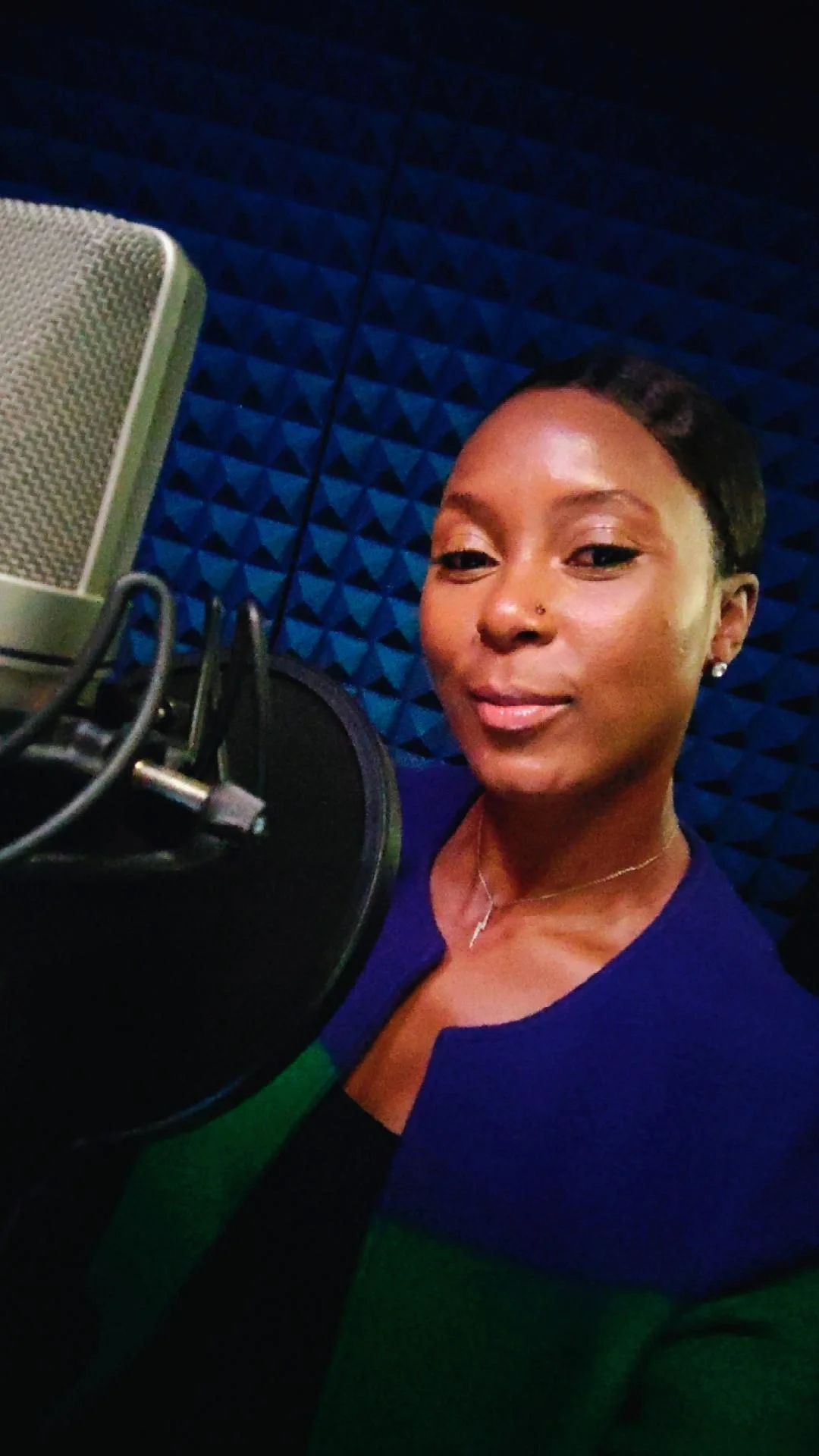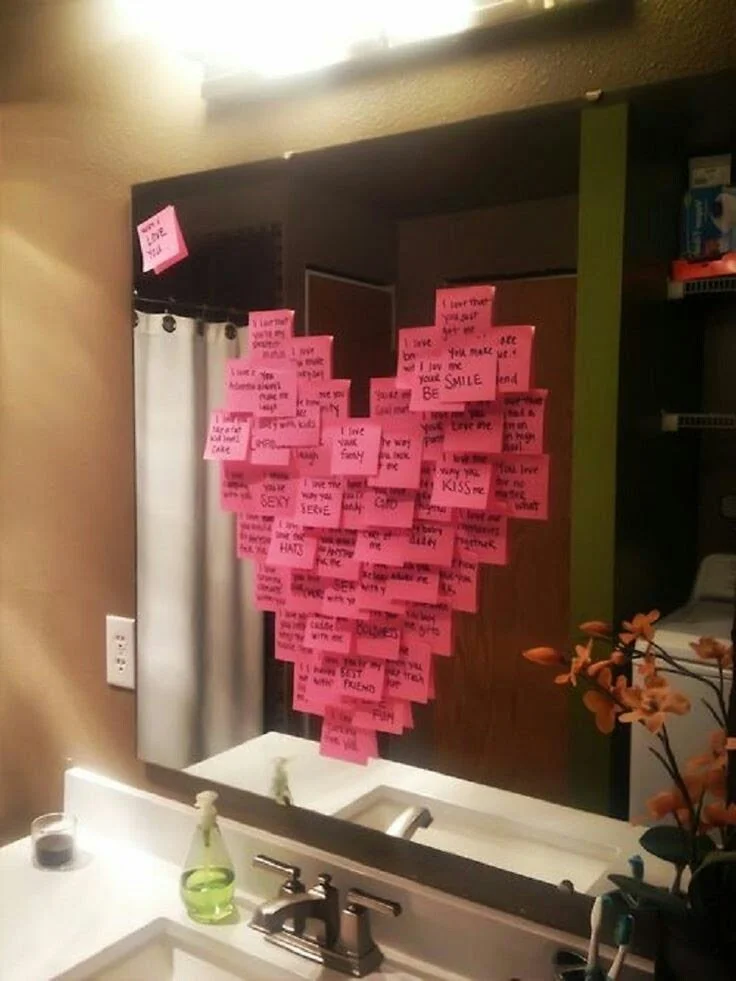Abandoning Self-Abandonment: When Your Own Voice Becomes Home Again
There’s a particular sound your own voice makes when it remembers you.
Not the voice you use in meetings, not the one polished for panels or interviews, not even the one you slip into when people say, “You’re such a natural storyteller.”
I’m talking about the voice that comes out when you’re walking alone in your childhood neighborhood, or sitting in your parked car too long after an appointment, or whispering into your phone at 2:17 a.m. because if you don’t say this out loud, you’re afraid you might forget yourself again.
That’s the voice I’ve been chasing.
And, slowly, reclaiming.
The Sound of Self-Abandonment
For years, my voice was fluent in what the world needed from me.
I knew how to encourage a classroom. How to soothe a team. How to be the calm one, the wise one, the “you always know what to say” one.
I did not know how to say:
“I’m tired.”
“I’m not okay.”
“This isn’t working for me.”
“I don’t want this life I built in someone else’s language.”
Self-abandonment doesn’t begin as a dramatic betrayal.
It begins as a slight edit.
You soften your “no” into “maybe.” You trade an honest answer for the polite one. You choose the version of yourself that keeps the room comfortable, even if your body is begging you to leave.
Over time, that edit becomes a script. The script becomes a role. And the role becomes your entire personality.
Until one day you wake up and realize you have built an impressive life that does not feel like a home.
Why Sound? Why Now?
When I launched my sonic experiences, it wasn’t just a creative experiment.
It was an act of spiritual triage.
I was exhausted by screens and performance.
I was tired of autopiloting my way through healing, sharing perfect posts, polished language, aesthetically pleasing breakdowns.
I needed fewer visuals and more presence.
Less curation and more communion.
So I stripped everything down to voice.
No music. No fancy edits.
Just me, a mic, and the truth of where I actually was.
Those early recordings were shaky and raw.
Some of them will never leave my private folder.
But they taught me something I couldn’t learn anywhere else:
My nervous system trusts my voice before it trusts anyone else’s praise.
When I hear myself tell the truth out loud, something in my body unclenches.
The performance drops.
The teacher, strategist, curator, fixer all step aside and the human being steps forward.
That’s the part of me I am committed to not losing again.
The Four Acts: How My Voice Walked Me Home
Recently, I recorded a four-part audio series that traces the inner journey I’ve been on:
Act I: Conditioning
This was all about the early training: be agreeable, be grateful, be excellent, be small. My voice learned to carry other people’s expectations better than it carried my own needs.Act II: Collapse
This was the quiet breakdown. My life looked “together” on the outside, but my inner world was held together with frayed threads and unspoken grief.Act III: Confrontation
Here, I finally faced the questions I could no longer swallow: Who profits from my self-doubt? Who benefits from my over-functioning? Why does my body feel like a battlefield when I’ve done everything “right”?Act IV: Communion
And finally, this was my decision to stop outsourcing my wholeness. To treat my own voice as a place to meet myself, not manage myself. To let my body, my desire, my boundaries, my curiosity have a say in how my life is designed.
Those four acts are not a hero’s journey.
They’re a circular path.
I still loop through all four, but now I move through them with more awareness, more language, and more compassion.
Abandoning Self-Abandonment: A Practice, Not a Performance
“Abandoning self-abandonment” sounds poetic. But in practice, it’s not glamorous.
It looks like:
Pausing before you say “yes” and checking if your body really means it.
Recording a voice note to yourself after a hard conversation and listening back for where you disappeared.
Saying, “I need a moment,” instead of bulldozing your own feelings to keep the peace.
Letting your art, your writing, your sound be honest before it’s impressive.
For me, it also looks like designing a life and body of work that doesn’t require me to erase myself in order to be effective.
I’m not interested in helping people “optimize” their lives inside systems that demand their erasure. I’m interested in asking:
What becomes possible when we stop leaving ourselves?
Why Your Voice Matters to the Collective
This is bigger than individual healing.
When we normalize self-abandonment, we build families, workplaces, schools, and spiritual communities that rely on people overriding themselves to keep everything running.
We call martyrdom “good leadership.”
We call burnout “dedication.”
We call emotional numbness “maturity.”
But a world built on people abandoning themselves cannot sustain collective wellbeing.
The opposite is also true:
Every time one person chooses self-honoring over self-erasure, the ecosystem shifts a little.
Boundaries modeled in one household become blueprints for healthier friendships and partnerships.
A leader who refuses to glamorize burnout creates space for humane work culture.
A creator who tells the truth instead of selling a fantasy gives permission for others to live, not just perform, their lives.
That’s why I’m starting this new season of my work with my own voice.
If I can’t hear myself clearly, I have no business telling the world how to transform.
An Invitation to Listen Differently
So here’s my invitation to you:
Sometime this week, take 3–5 minutes to record yourself talking.
No script. No performance.
Just you, talking to yourself about where you really are.
You don’t have to post it.
You don’t have to transcribe it.
Just share, and listen to your own voice.
Notice where your voice gets small, where it rushes, where it gets bright, where it trembles but refuses to lie.
Ask yourself:
Where have I been leaving myself?
What truth have I been rehearsing silently that I’m finally ready to say out loud?
If I stopped abandoning myself, what would need to change, even in small, almost invisible ways in how I live, learn, love, and lead?
My work, from here forward, is a loud and gentle yes to those questions.
The truth is: I’m not just designing frameworks about regeneration and self-honoring. I’m living them, in public, in progress.
This four-act audio series is the first offering in that commitment. It’s my way of saying I am done disappearing into versions of myself that make everyone comfortable but leave me hollow.
I’m reclaiming the sound of my own life.
I hope, in some small way, it helps you reclaim yours too.
The Invitation
If you feel called, I’d love to hear from you. In the comments or your journal, complete this sentence:
“My voice has been carrying ______, but I want it to start carrying ______.”
Or, if that feels too vulnerable right now, just save this piece and come back when you’re ready. Either way, may you hear yourself more clearly than the noise of who you were told to be.






